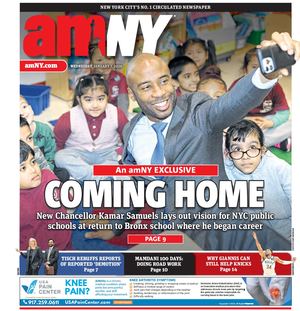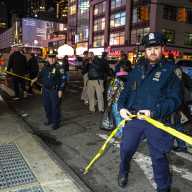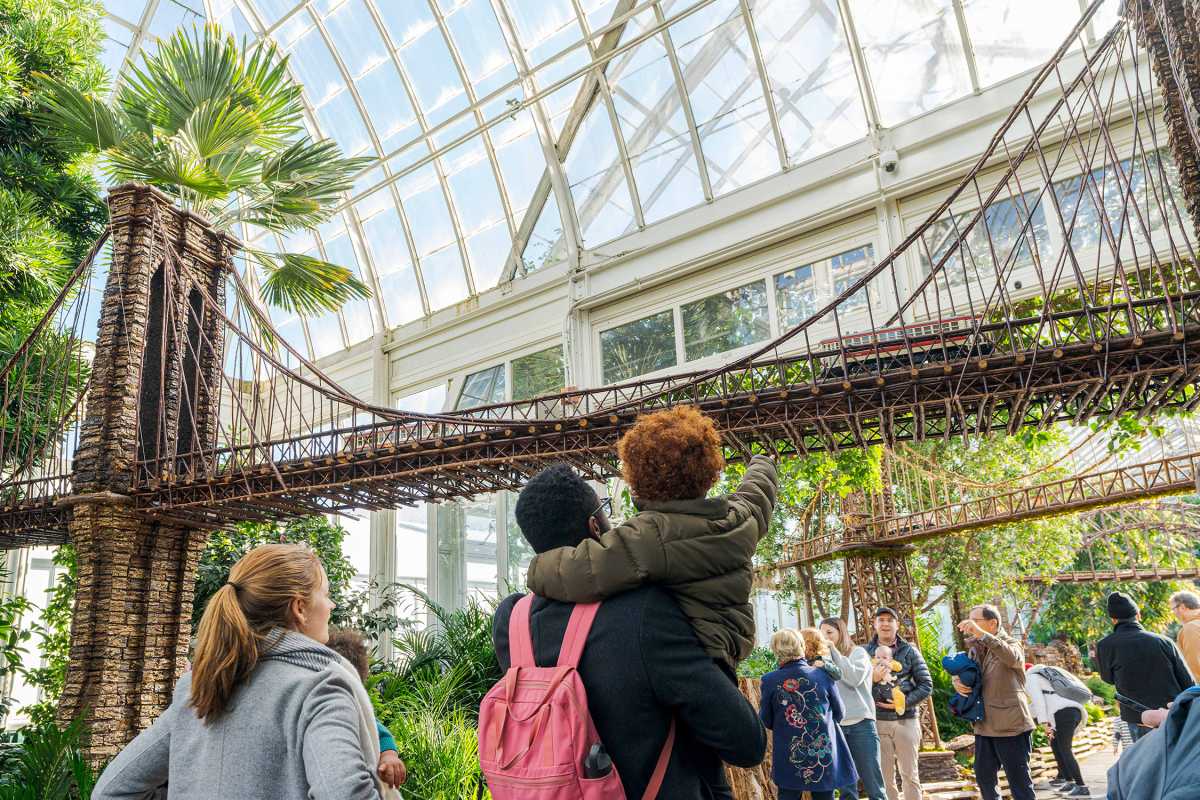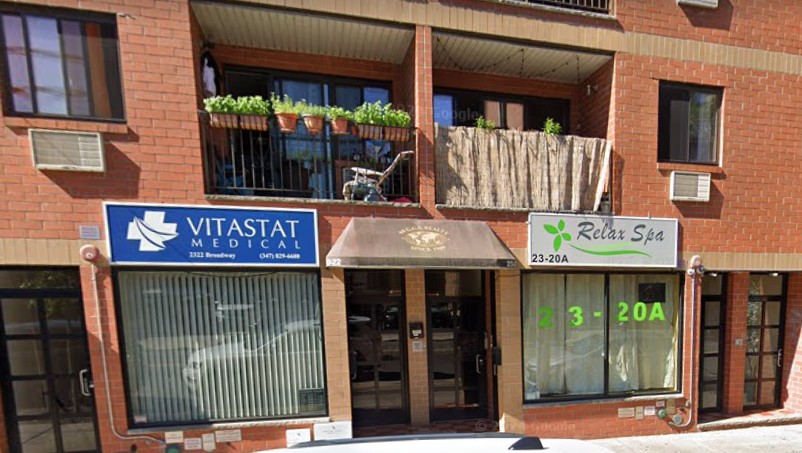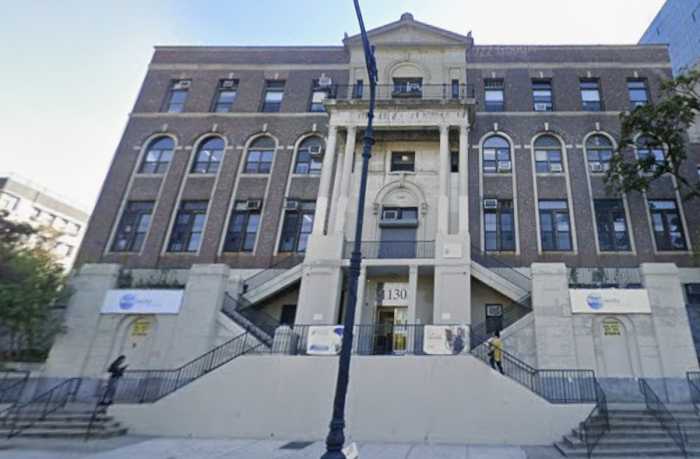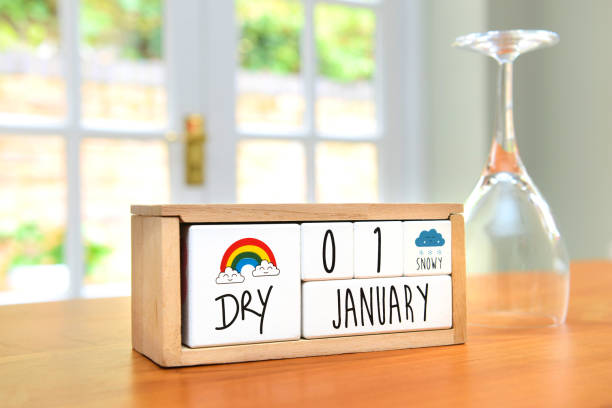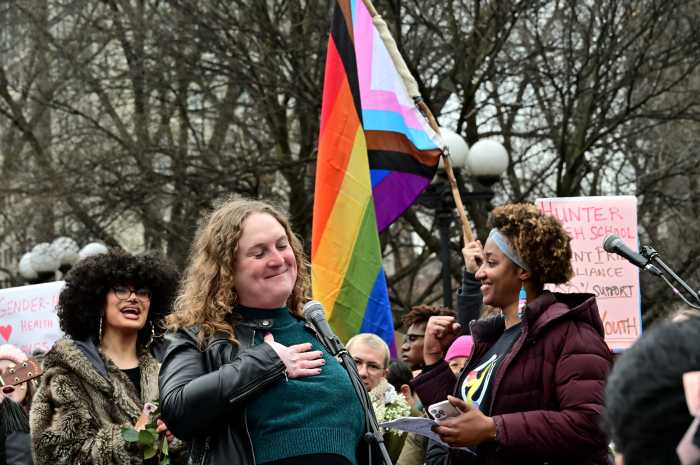Ninety seconds. That’s how long you have to find safe shelter from the time the siren goes off until the moment a rocket is expected to fall upon a location in central Israel.
The alarm went off on Oct. 7 while I was on the top-floor of our Airbnb apartment in Tel Aviv, and my partner’s high fever was slowing down his movements. The wailing of the siren was overwhelming.
“Come on,” I urged as I pulled him inside the bunker just as the boom of the incoming rockets reverberated around us.
We arrived in Israel in late September, and wound up being there for some of the most tragic days in Israel’s history.
My initial impressions were shaped by quick glimpses of Israelis: a sobbing man running out of his car and into the arms of an older gentleman, a teenage soldier with a cigarette in one hand and a rifle in another, little kids playing “terrorist attack” outside of my window, one of them making siren noises while another yelled.
I had conversations with people about the war — most were brief, and happened inside shelters, both official and makeshift.
There was the mattress-store owner from Holon who kept saying “it’s nothing” during an attack and entertaining us with pictures of his grandchildren. Growing up, he recalled watching rockets out his window.
There was the baby-faced recent transplant from Russia. “From one war to another,” he joked.
There was the doctor whose friends had attended the outdoor concert and were still missing. He was closing his clinic to volunteer at a hospital.
And our neighbor Noah, who blatantly told me “We should blow up Jerusalem. It just causes trouble. And what’s there besides historic marks? A lot of young people feel we don’t need it.”
But as I purchased tickets out of Israel, their faces and stories were already starting to disappear for me into the hollows of a battered Tel Aviv — the padlocked businesses, the bombed out building in Florentine, the near-empty mall where a defiant man was getting inked, a toddler played in a bouncy castle, and volunteers stuffed food boxes.
I didn’t want their experiences to evaporate. So I began having longer conversations with Israelis who I talked to, and put them down on paper. Their words below belong exclusively to them, each with their own lived experiences, their own pain.
May they soon find peace.
Elina
Now in her 40s, Elina — who emigrated to Israel from the former Soviet Union, lives in Haifa with her 8-year-old daughter.
“There are no families left today that don’t know someone impacted. The peace of mind that no terrorist could enter Israel, we won’t have it again.
The kibbutz that was massacred was very supportive of Palestinians. They raised money all the time to help Palestinians. And look how they slaughtered them. That’s what being humanitarian gets you here. Even now we are giving warnings to leave. But how are they toward us? Worse than in the Holocaust.
I’m scared to walk my dog. Store shelves are empty. Parents are not letting children leave apartments. Even with Covid we went outside a little.
I’m a supporter of Netanyahu. Yes, I’m very disappointed. But there’s nobody else who could handle this situation now.
I was in Dubai a year ago. I felt so safe. Look what Dubai has achieved. I pitied Gazan people back then. Their government puts all their resources into weapons to destroy us. They don’t invest in their people.
What are children learning when rocket launchers are placed in schools and hospitals? They are learning to hate from the time they are babies.
A co-worker of mine was at the outdoor party. He ran and got disoriented. He climbed over a fence and suddenly he was surrounded by children yelling ‘kill the Jew.’ He had ended up in Gaza. But he made it. He’s a survivor.
Today it’s us, tomorrow it’s someone else. The whole world needs to be a part of this. Anyone who can do to humans what they did, can’t be allowed to exist.”
Fadi
Fadi, a Palestinian, lives in Haifa with his wife and three children.
“My perspective will probably be different from the other people you speak to. I identify as Palestinian. I also went to a Jewish school and have many Jewish friends. I used to lead a Jewish-Arab youth organization.
I’m not worried about Hamas. Their rockets are not good. But I am worried about Hezbollah involvement because they have accurate rockets. But I’m more worried about the current discourse. A guy got arrested just for posting, ‘My heart is with the children of Gaza.’
It’s terrible what happened. I don’t justify it. But I understand how it happened. There is so much anger. It was inevitable that it would explode. Palestinians do not want to be treated as second class citizens, to live in apartheid.
My family became refugees here in 1948. They had papers that showed land ownership and their land was still taken away and turned into collective farms.
The West Bank and Gaza are not Palestinian states. You are not a state if you can’t control your borders, your economy. You can’t expect blockades to stay permanent and for people to be OK with that. During times of calm you are supposed to seek long-term solutions to peace but Israel is not doing that.
I remember right after the Oslo agreement. The Jews and Arabs got along for a while — I saw it — because there was so much hope. But then more settlers moved in. People remember 1948 and now their home is threatened again.
When people in Palestine struggle to get water and they see settlers being moved in with swimming pools, how are they supposed to feel? They ask, ‘What do they see happening? Do they want to transfer people out of the borders? Do they want to kill us all?’
I understand the anger after Saturday events. I even understand feelings of wanting retaliation. But what worries me more is that there are almost no counter voices that say that it’s time to stop the retaliation. And from a security perspective, it’s not going to achieve anything.
People in Gaza will be killed, and then what? Will it make Hamas and Jihad weaker? Just the opposite. There are operations every few years. In Israeli discourse, it will always be justified because of rockets on them. From Gaza’s side, it will be justified because of how they are living. Nobody is talking about root causes.
Jewish Israelis that are here are third or fourth generation. Palestinians are here too. Nobody is leaving. We have to think more rationally about how to get out of this cycle.
Everybody wants a good life for their children. If people feel they are treated equally, that’s the way for security. The way out of this situation for good is to move toward a more just situation, a political path that gives people hope that their lives will improve.
***
T.B. Kogan is a resident of Brooklyn.
